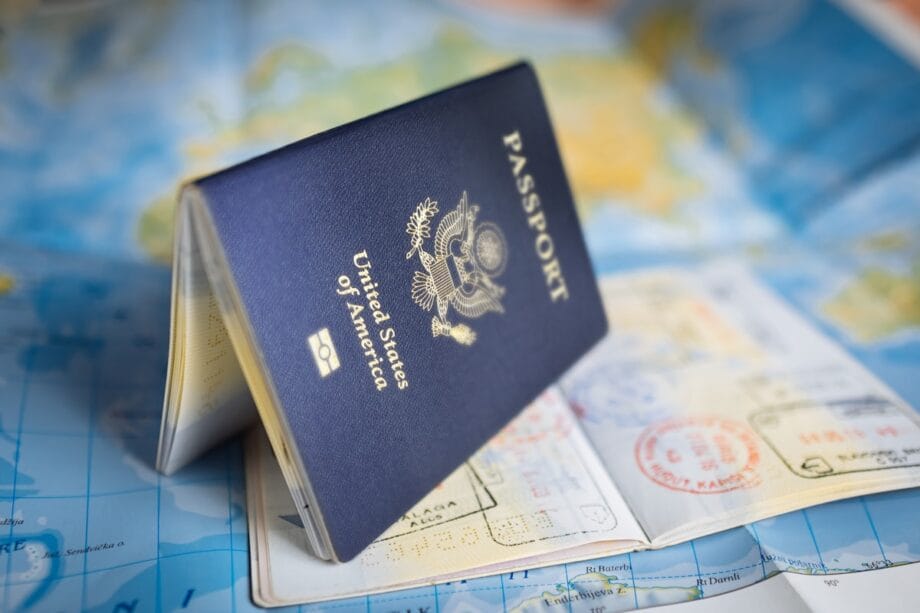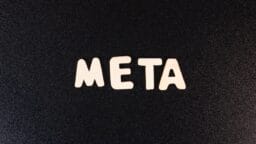Supreme Court Declines to Review H-4 Visa Work Authorization
The United States Supreme Court has decided not to revisit a protracted legal challenge regarding a federal regulation that permits certain spouses of H-1B visa holders to gain employment within the nation. This verdict upholds a 2024 appellate court decision that confirmed the legality of this employment provision.
Implications of the Ruling
By opting against hearing the case filed by Save Jobs USA—a coalition advocating for displaced American technology workers—the Supreme Court has tacitly endorsed the government’s capacity to issue work permits to H-4 visa beneficiaries.
This ruling safeguards a pivotal lifeline for economic and familial stability among numerous immigrant households, while also ensuring that employers maintain their access to skilled international labor.
Historical Context of the H-4 Work Authorization Regulation
The H-4 visa work authorization initiative was inaugurated in 2015 during the Obama administration. This program allows spouses of H-1B visa holders, actively seeking permanent residency, to pursue employment in the United States.
The Department of Homeland Security (DHS) initially projected that approximately 180,000 individuals would derive benefits in its inaugural year, with about 55,000 individuals each subsequent year.
Since its advent, over 258,000 H-4 visa holders have successfully obtained work permits. The program is widely regarded as an essential mechanism for retaining high-skilled professionals in an increasingly competitive U.S. labor market.
The Legal Challenge Explained
Save Jobs USA contended that the DHS exceeded its jurisdiction by permitting employment for H-4 visa holders. However, the D.C. Circuit Court of Appeals dismissed this assertion in the case of Save Jobs USA vs. U.S. Department of Homeland Security, determining that federal law allows the DHS to authorize workforce participation for nonimmigrants in specific, constrained scenarios.
Political Landscape
The Biden administration has staunchly supported existing visa classifications as vital components for maintaining U.S. competitiveness in sectors such as technology and research.

This Supreme Court ruling comes amid ongoing discussions surrounding employment-based immigration policies. Notably, on September 19, former President Donald Trump recommended a $100,000 fee for new H-1B applications.
- Purpose: Enables U.S. companies to recruit foreign professionals in specialized fields for a duration of 3 to 6 years.
- Annual Cap: 85,000 new visas issued each year.
- Requirements: Employers are obligated to offer prevailing wages and must first attempt to hire U.S. workers.
The H-4 work authorization grants spouses of H-1B visa holders the legal capacity to work, thereby assisting families in navigating protracted green card backlogs and sustaining their economic well-being.
Source link: Livemint.com.






